Photo: By FMN J. Quinn, Stream monitoring
Are you interested in obtaining a Virginia Save Our Streams Stream Monitoring certification? This certification is not required for the workshops, but it allows you to monitor your own site if you wish. The certification consists of three parts – watching online webinars, passing an online macroinvertebrate ID exam, and taking an in-person field protocols exam. The next field protocol exam will be offered at the end of the spring monitoring season, likely in June. Please reach out to the stream monitoring coordinator, Ashley, with any questions.
Northern Virginia Soil and Water Conservation District (NVSWCD) Spring stream monitoring season is in full swing! They hope you’ll be able to join them at one of the upcoming stream monitoring workshops.
Little Difficult Run Stream Monitoring Workshop
When: Sunday, April 20, 3:00-6:00pm
Where: Fred Crabtree Park/Fox Mill District Park, Herndon
This small stream is in a peaceful wooded park a short hike away from the parking area. Little Difficult Run often scores very highly on our macroinvertebrate index because its watershed lies almost completely within the protected parkland. Reaching this site requires hiking through the woods and over uneven terrain. Learn more and register for this workshop and others here.
Pohick Creek Stream Monitoring Workshop
When: Sunday, May 4, 9:00am-12:00pm
Where: Pohick Creek Stream Valley Park, Springfield
The stream monitoring site on Pohick Creek is located on the cross-county trail, popular with runners, dog walkers, and families. This is the largest and deepest stream monitored in these public workshops. This is an accessible stream site, which can be reached by wheelchair and/or other assistive tools over a paved path (there may be some uneven spots). Learn more and register for this workshop and others here.
TBD Stream Monitoring Workshop
When: Saturday, May 10, 1:00-4:00pm
Where: TBD
Organizers are holding this space as a rain date for another workshop, or perhaps to explore a new stream to add to the monitoring roster. Although they don’t have any more details yet, they wanted to share this placeholder with you, with more info to follow in the May newsletter.
Quander Creek/Dyke Marsh Muddy Bottom Stream Monitoring Workshop
When: Thursday, May 15, 10:00am-12:00pm(ish)
Where: Mount Vernon District Park, Alexandria
Volunteers will monitor a small tributary of Dyke Marsh twice this spring in partnership with the Friends of Dyke Marsh. This is NVSWCD’s only muddy bottom stream, all others use the rocky bottom protocol. This is great opportunity for new and certified monitors alike to see a different stream habitat. They also see a lot of cool crane fly larva and dragonfly larva here! Reaching this site requires walking through the woods and over uneven terrain. Space at this workshop is limited. If you’re interested in participating, please email Ashley.
TBD Stream Monitoring Workshop
When: Thursday, May 22, 3:00-6:00pm
Where: TBD
Organizers are holding this space as a rain date for another workshop, or perhaps to explore a new stream to add to our monitoring roster. Although the they don’t have any more details yet, they wanted to share this placeholder with you, with more info to follow in the May newsletter.
The NVSWCD is very excited to contribute their stream data to state and national datasets. If you’d like to see data from all the NVSWCD regional stream monitoring team’s active sites, you can find the organization on the Clean Water Hub.



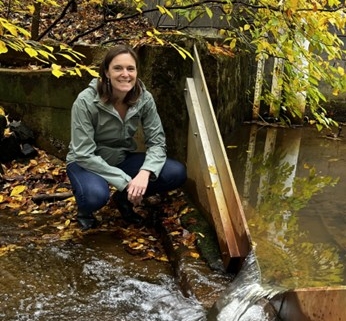
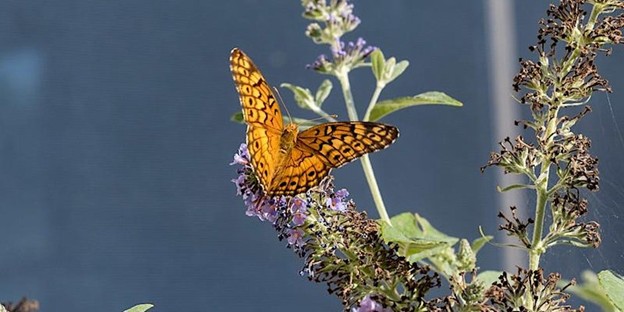
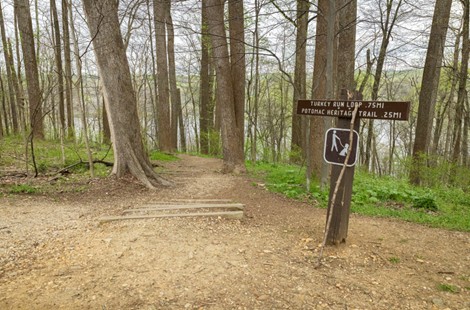
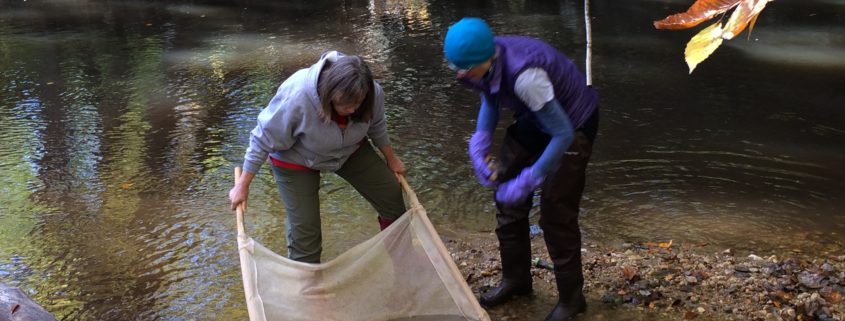
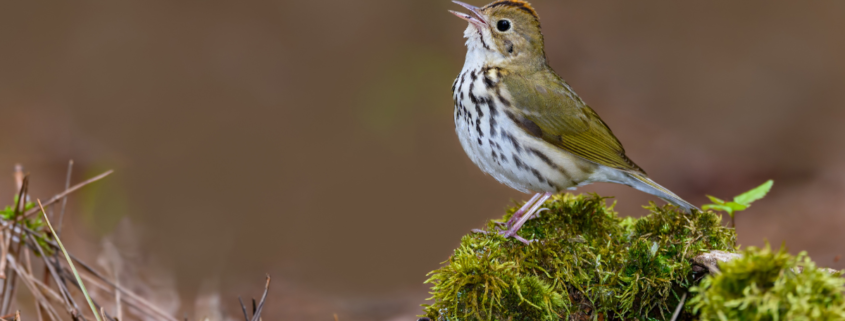
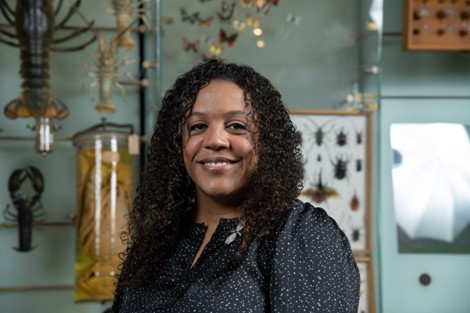

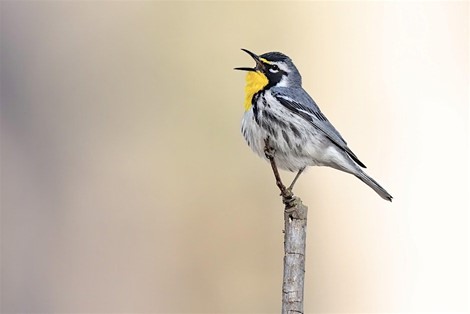
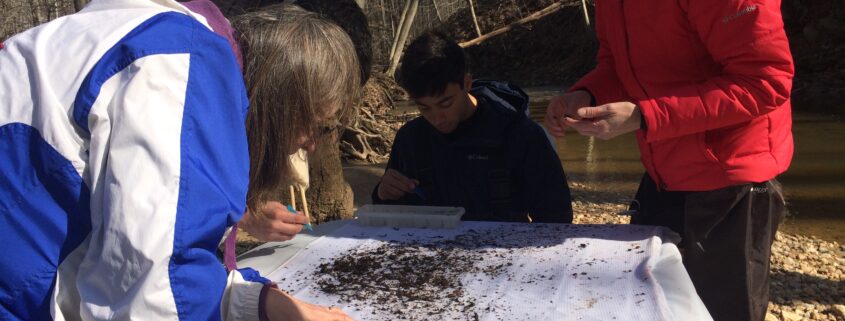
Dr. Jessica Ware is a curator at the American Museum of Natural History, where she serves as Chair of the Division of Invertebrate Zoology. Dr. Ware’s research focuses on the evolution of behavioral and physiological adaptations in insects, with an emphasis on how these occur in Odonata (dragonflies and damselflies) and Dictyoptera (termites, cockroaches, and mantises). Dr. Ware holds a B.Sc. from the University of British Columbia in Canada, and a Ph.D. from Rutgers, New Brunswick. She was awarded a PECASE medal from the U.S. government for her work on insect evolution. Dr. Ware served on the Governing Board of the Entomological Society of America for 3 years. Dr. Ware is the past president of the Worldwide Dragonfly Association and the past president of the Entomological Society of America. She is president-elect of the Society of Systematic Biologists. Dr. Ware is co-founder of Entomologists of Color and serves on the board of Black in Natural History Museums. Photo by Denis Finnin
See More